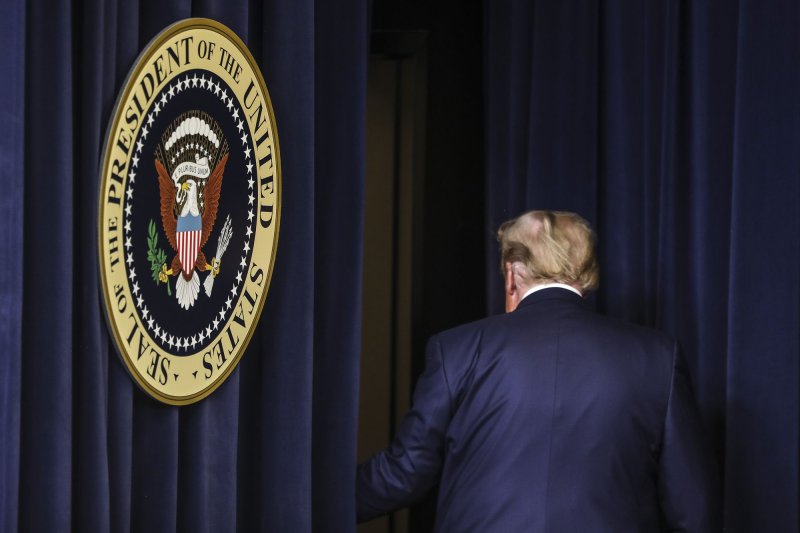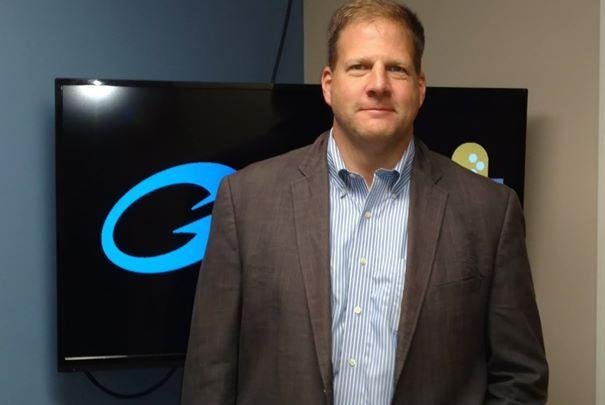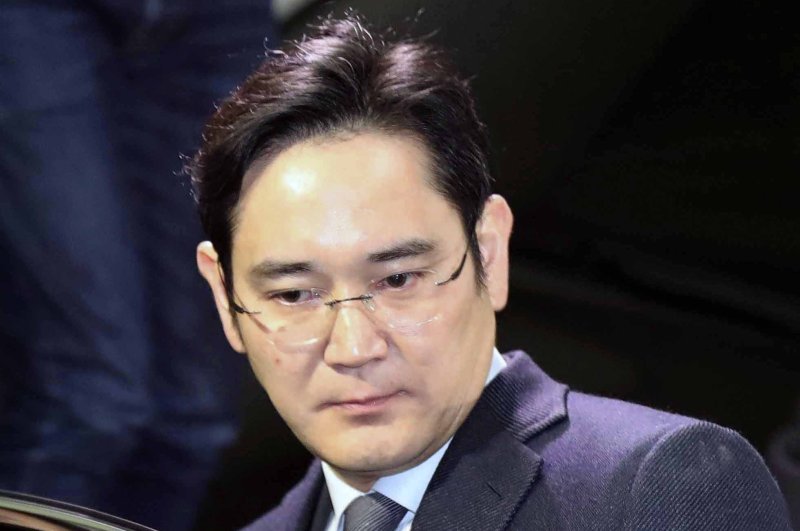2020 was an extreme year for Earth's temperatures. But was it the hottest on record? It depends.
With only days left in the year, climate scientists are poring over global temperature data, trying to determine if 2020 will surpass 2016 as the planet's warmest year on record.

© Mario Tama, Getty Images Visitors gather for a photo in front of an unofficial thermometer at Furnace Creek Visitor Center on August 17, 2020, in Death Valley National Park, California. The temperature reached 130 degrees at Death Valley National Park on August 16, hitting what may be the hottest temperature recorded on Earth since at least 1913, according to the National Weather Service.
The final answer won't be so clear-cut, however: There are at least six separate data sets for global climate measurements, and each one uses a slightly different system for determining our planet's temperature.
For example, based on measurements through November, it’s likely that NASA's data will show 2020 as the warmest year on record, while other groups, such as the National Oceanic and Atmospheric Administration, will probably show 2020 in second place.
"In most datasets, 2020 will be more or less tied with 2016 – at least within the margin of uncertainty in our global temperature reconstructions," tweeted Zeke Hausfather, a climate scientist and director of climate and energy at the Breakthrough Institute in California. "That's remarkable in a sense, given that 2020 is a La Niña year and 2016 was a super El Niño event."
La Niña, a natural cooling of Pacific Ocean water, tends to lower the global temperature, while El Niño does the opposite.
"The record warmth experienced in 2016 was a result of both the long-term human-driven warming trend of nearly 0.4 degree per decade and a super El Niño event," Hausfather told USA TODAY.
He said 2016 was around 2.22 degrees Fahrenheit warmer than pre-industrial temperatures based on NASA data. "The second warmest year on record – 2019 – was 2.16 degrees warmer," he said.
In a statement, U.K. Met Office scientist Nick Dunstone said that “the variability of the La Niña/El Niño cycle is the second-most important factor in determining the Earth’s temperature but it is simply dwarfed by the forcing effect of increasing greenhouse gases in the atmosphere."
The U.K. Met Office is another group that measures global temperatures.
“The difference between the groups is mostly to do with how they fill in the ‘gaps’ in the Arctic,” Hausfather told the Independent. There are gaps in our knowledge of daily temperatures in some of the most remote parts of the Arctic Ocean as a result of there being no weather stations in these locations, the Independent said.
In general, global temperature records began in the mid to late 1800s.
But does it really matter which year is the warmest on record?
"Ultimately the media cares about new records a lot more than the climate does; whether 2020 is slightly above or slightly below 2016, what matters for the climate is the long-term warming trend, where we see clear evidence of human activity changing the climate," Hausfather said.
The burning of fossil fuels such as oil, gas and coal releases greenhouse gases such as carbon dioxide and methane into the Earth's atmosphere, causing the globe to warm to levels that cannot be explained by natural causes.
And although carbon emissions were down this year due to the global COVID-19 pandemic, they continue to accumulate in the atmosphere, so the amount of warming the world experiences is based on our total emissions since pre-industrial times, rather than our emissions this year, Hausfather said.
"As long as global emissions remain above zero, the world will continue to warm," he said.
World Meteorological Organization Secretary-General Petteri Taalas, in a statement this month, said that “2020 has, unfortunately, been yet another extraordinary year for our climate. We saw new extreme temperatures on land, sea and especially in the Arctic."
"Wildfires consumed vast areas in Australia, Siberia, the U.S. West Coast and South America, sending plumes of smoke circumnavigating the globe," he said. "We saw a record number of hurricanes in the Atlantic, including unprecedented back-to-back Category 4 hurricanes in Central America in November. Flooding in parts of Africa and Southeast Asia led to massive population displacement and undermined food security for millions,” Taalas added.
Another expert, University of Georgia meteorologist Marshall Shepherd, tweeted this week that 2020 "continues a generation or era of warm years ... that's the headline for me ... and a sad one."
The final answer won't be so clear-cut, however: There are at least six separate data sets for global climate measurements, and each one uses a slightly different system for determining our planet's temperature.
For example, based on measurements through November, it’s likely that NASA's data will show 2020 as the warmest year on record, while other groups, such as the National Oceanic and Atmospheric Administration, will probably show 2020 in second place.
"In most datasets, 2020 will be more or less tied with 2016 – at least within the margin of uncertainty in our global temperature reconstructions," tweeted Zeke Hausfather, a climate scientist and director of climate and energy at the Breakthrough Institute in California. "That's remarkable in a sense, given that 2020 is a La Niña year and 2016 was a super El Niño event."
La Niña, a natural cooling of Pacific Ocean water, tends to lower the global temperature, while El Niño does the opposite.
"The record warmth experienced in 2016 was a result of both the long-term human-driven warming trend of nearly 0.4 degree per decade and a super El Niño event," Hausfather told USA TODAY.
He said 2016 was around 2.22 degrees Fahrenheit warmer than pre-industrial temperatures based on NASA data. "The second warmest year on record – 2019 – was 2.16 degrees warmer," he said.
In a statement, U.K. Met Office scientist Nick Dunstone said that “the variability of the La Niña/El Niño cycle is the second-most important factor in determining the Earth’s temperature but it is simply dwarfed by the forcing effect of increasing greenhouse gases in the atmosphere."
The U.K. Met Office is another group that measures global temperatures.
“The difference between the groups is mostly to do with how they fill in the ‘gaps’ in the Arctic,” Hausfather told the Independent. There are gaps in our knowledge of daily temperatures in some of the most remote parts of the Arctic Ocean as a result of there being no weather stations in these locations, the Independent said.
In general, global temperature records began in the mid to late 1800s.
But does it really matter which year is the warmest on record?
"Ultimately the media cares about new records a lot more than the climate does; whether 2020 is slightly above or slightly below 2016, what matters for the climate is the long-term warming trend, where we see clear evidence of human activity changing the climate," Hausfather said.
The burning of fossil fuels such as oil, gas and coal releases greenhouse gases such as carbon dioxide and methane into the Earth's atmosphere, causing the globe to warm to levels that cannot be explained by natural causes.
And although carbon emissions were down this year due to the global COVID-19 pandemic, they continue to accumulate in the atmosphere, so the amount of warming the world experiences is based on our total emissions since pre-industrial times, rather than our emissions this year, Hausfather said.
"As long as global emissions remain above zero, the world will continue to warm," he said.
World Meteorological Organization Secretary-General Petteri Taalas, in a statement this month, said that “2020 has, unfortunately, been yet another extraordinary year for our climate. We saw new extreme temperatures on land, sea and especially in the Arctic."
"Wildfires consumed vast areas in Australia, Siberia, the U.S. West Coast and South America, sending plumes of smoke circumnavigating the globe," he said. "We saw a record number of hurricanes in the Atlantic, including unprecedented back-to-back Category 4 hurricanes in Central America in November. Flooding in parts of Africa and Southeast Asia led to massive population displacement and undermined food security for millions,” Taalas added.
Another expert, University of Georgia meteorologist Marshall Shepherd, tweeted this week that 2020 "continues a generation or era of warm years ... that's the headline for me ... and a sad one."
Doyle Rice, USA TODAY











